Understanding the Costs of Dendritic Cell Therapy for Cancer in Mexico
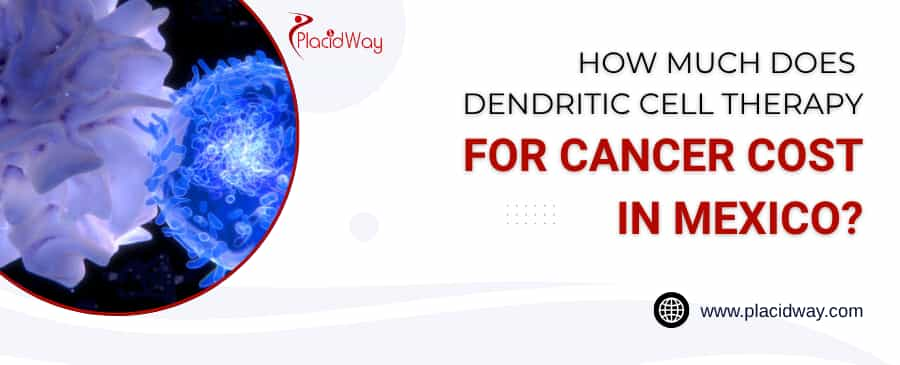
"The cost of dendritic cell therapy for cancer in Mexico can range significantly, typically falling between $25,000 and $110,000 or more, depending on the clinic, the specific treatment protocol, the type and stage of cancer, and the number of cycles required."
A cancer diagnosis is a life-altering event that often leads individuals to explore various treatment options beyond conventional approaches. Among these, dendritic cell therapy has emerged as a promising form of immunotherapy, harnessing the body's own immune system to fight cancer. Mexico has become a notable destination for those seeking alternative and integrative cancer treatments, including dendritic cell therapy, often at a more accessible cost compared to countries like the United States or Europe. This blog post aims to answer important questions about the cost and other crucial aspects of undergoing dendritic cell therapy for cancer in Mexico, providing detailed insights to help you make informed decisions.
What is Dendritic Cell Therapy?
"Dendritic cell therapy is a type of immunotherapy that uses a patient's own dendritic cells, which are crucial immune cells, to teach their immune system to recognize and attack cancer cells."
Dendritic cells act as "messengers" of the immune system. They capture antigens (markers from cancer cells), process them, and then present them to T-cells, which are specialized immune cells responsible for destroying diseased cells. In dendritic cell therapy, these cells are harvested from the patient, activated and "trained" in a laboratory to specifically target their cancer, and then re-infused into the patient's body. This process aims to mount a strong, targeted immune response against the tumor, offering a personalized approach to cancer treatment.
How does Dendritic Cell Therapy work in the body?
"Dendritic cell therapy works by enhancing the immune system's ability to identify and eliminate cancer cells by training a patient's own dendritic cells to present specific cancer antigens to T-lymphocytes."
The process typically begins with a blood sample or a tumor biopsy from the patient. From this sample, dendritic cells (or their precursors) are isolated. In a specialized laboratory setting, these cells are exposed to specific cancer antigens derived from the patient's own tumor, or in some cases, synthetic antigens. This "training" process primes the dendritic cells to recognize these cancer-specific markers. Once activated and loaded with cancer information, these "educated" dendritic cells are then injected back into the patient. Their role is to alert and activate the patient's T-cells, turning them into potent cancer fighters that can seek out and destroy cancer cells throughout the body.
Is Dendritic Cell Therapy approved in Mexico?
"While dendritic cell therapy is often considered an experimental or alternative treatment in many countries, clinics in Mexico may offer it under different regulatory frameworks, and it's essential to understand the specific approvals and practices of individual clinics."
In some countries, dendritic cell therapy is approved for specific cancer types, while in others, it is primarily available through clinical trials or as part of a broader integrative treatment approach. Mexico has become a hub for various alternative and advanced therapies due to its more flexible regulatory environment. This allows for the offering of treatments that might not yet be widely approved or covered by insurance in other nations. However, this also means that the quality and oversight can vary significantly between clinics, making thorough research crucial for patients considering treatment in Mexico.
What is the estimated cost of Dendritic Cell Therapy in Mexico?
"The estimated cost of dendritic cell therapy for cancer in Mexico generally ranges from $25,000 to $110,000, depending on factors such as the clinic's reputation, the complexity of the treatment protocol, the number of cycles, and whether additional therapies are included."
This broad range reflects the diverse offerings and pricing structures among Mexican clinics. Some clinics may offer basic dendritic cell vaccine packages, while others provide comprehensive, all-inclusive programs that incorporate additional supportive therapies, diagnostics, and extended stays. It is important to obtain a detailed breakdown of costs from any clinic you consider, ensuring you understand what is included in the quoted price.
What factors influence the cost of Dendritic Cell Therapy in Mexico?
"Several factors influence the cost of dendritic cell therapy in Mexico, including the specific clinic, the type and stage of cancer, the number of treatment cycles needed, whether the therapy is part of a package with other treatments, and the duration of stay."
-
Clinic Reputation and Facilities: Established clinics with state-of-the-art facilities, experienced oncologists, and a strong track record may have higher costs.
-
Cancer Type and Stage: The complexity and duration of treatment can vary significantly based on the specific type of cancer and how advanced it is. More aggressive or widespread cancers may require more extensive and therefore more expensive protocols.
-
Treatment Protocol: Some clinics offer a single course of dendritic cell vaccines, while others provide multi-cycle protocols over several weeks or months. The number of cell re-infusions and the antigens used will affect the overall cost.
-
Included Therapies: Many Mexican clinics offering dendritic cell therapy integrate it with other treatments, such as hyperthermia, high-dose vitamin C, nutritional therapy, or detoxification programs. All-inclusive packages, while more expensive upfront, can provide comprehensive care.
-
Duration of Stay: If the treatment protocol requires an extended stay in Mexico, accommodation, living expenses, and local transportation will add to the overall cost. Some packages include these, while others do not.
-
Laboratory Procedures: The cost can also be influenced by the specifics of the laboratory work involved in culturing and activating the dendritic cells, including the technology used and the volume of cells produced.
Are there all-inclusive packages for Dendritic Cell Therapy in Mexico?
"Yes, many clinics in Mexico offer all-inclusive packages for dendritic cell therapy, which can cover the treatment itself, diagnostics, consultations, supportive therapies, accommodation, and sometimes even local transportation."
These packages are designed to provide a seamless experience for international patients, consolidating various costs into a single price. While the initial quoted price for an all-inclusive package might seem higher, it often provides better value by preventing unexpected expenses. It's crucial to clarify exactly what is included in any package to avoid surprises. For example, some packages might cover a certain number of dendritic cell infusions and a specific duration of stay, while others might include a broader range of integrative therapies or follow-up care.
How does the cost of Dendritic Cell Therapy in Mexico compare to other countries?
"The cost of dendritic cell therapy in Mexico is generally significantly lower than in countries like the United States, Canada, or many European nations, often offering savings of 50% to 70%."
For patients seeking innovative cancer treatments, Mexico presents a more affordable option without necessarily compromising on the quality of care in reputable facilities. In the U.S., dendritic cell therapy, if available outside of clinical trials, can range from $50,000 to over $200,000, and is typically not covered by standard insurance unless it's part of an approved clinical trial. This cost disparity makes Mexico an attractive destination for medical tourism, particularly for those looking for alternative or complementary cancer therapies like dendritic cell treatment.
Is Dendritic Cell Therapy covered by insurance in Mexico or internationally?
"Generally, dendritic cell therapy is not covered by most standard health insurance plans, whether in Mexico or internationally, as it is often considered experimental or investigational by many insurers."
Patients typically need to pay for dendritic cell therapy out-of-pocket. It is always recommended to contact your insurance provider directly to understand your specific policy's coverage for alternative or experimental cancer treatments, even if you are considering treatment abroad. Some patients resort to crowdfunding or medical loans to finance their treatment. While some clinics in Mexico may assist with documentation for insurance claims, full reimbursement is rare.
What should I look for in a clinic offering Dendritic Cell Therapy in Mexico?
"When considering a clinic for dendritic cell therapy in Mexico, look for accreditations, experienced oncologists and immunologists, transparent pricing, detailed treatment protocols, positive patient testimonials, and facilities that adhere to international medical standards."
-
Accreditation and Licensing: Verify that the clinic is properly licensed and, if possible, has international accreditations that demonstrate adherence to high standards of care.
-
Medical Team Expertise: Ensure that the oncologists, immunologists, and laboratory staff have extensive experience and specialized training in dendritic cell therapy and cancer treatment.
-
Transparency in Pricing: A reputable clinic will provide a clear, detailed breakdown of all costs upfront, with no hidden fees.
-
Personalized Treatment Plans: The best clinics offer customized treatment plans based on your specific cancer type, stage, and individual health needs. Avoid clinics that offer a "one-size-fits-all" approach.
-
Patient Testimonials and Reviews: Look for genuine patient reviews and testimonials to gauge the experiences of others.
-
Facility Standards: Assess the cleanliness, technology, and overall infrastructure of the facility.
-
Follow-up Care: Understand what kind of follow-up care is provided after the treatment, especially for international patients.
What are the potential risks of Dendritic Cell Therapy?
"While generally considered safe with minimal side effects, potential risks of dendritic cell therapy include localized reactions at the injection site, flu-like symptoms, and, rarely, more severe immune responses."
The most common side effects are mild and temporary, such as redness, swelling, or pain at the injection site, or low-grade fever, fatigue, and muscle aches, similar to a flu. Because the therapy uses the patient's own cells, the risk of severe allergic reactions or rejection is very low. However, as with any medical procedure, it's essential to discuss all potential risks and benefits with the medical team. Long-term side effects are still being studied as the therapy gains wider use.
How long does a typical Dendritic Cell Therapy course last in Mexico?
"A typical course of dendritic cell therapy in Mexico can vary, with active treatment phases ranging from a few weeks to several months, depending on the number of infusions and the overall treatment plan."
Some clinics might offer intensive programs that involve daily or weekly infusions for a period of 2-6 weeks, while others may spread out the infusions over a longer duration with follow-up boosters. The total time spent in Mexico will also depend on whether the patient chooses to stay for the entire duration of the treatment or travel back and forth for subsequent cycles. Many clinics provide flexible options to accommodate international patients.
What kind of follow-up care is typically offered after Dendritic Cell Therapy in Mexico?
"Follow-up care after dendritic cell therapy in Mexico often includes remote consultations, blood tests, and imaging to monitor the patient's progress and assess the therapy's effectiveness, with some clinics offering long-term patient support."
Reputable clinics understand the importance of continued monitoring, especially for international patients. This might involve regular virtual check-ins with the medical team, guidance on obtaining necessary diagnostic tests in the patient's home country, and ongoing nutritional or supportive care advice. It's crucial to confirm the specifics of the follow-up program before beginning treatment to ensure continuous care and support.
Is Dendritic Cell Therapy suitable for all cancer types?
"Dendritic cell therapy has shown promise across a range of solid tumors, including melanoma, prostate, kidney, and certain brain cancers, but its suitability varies based on the specific cancer type, stage, and individual patient characteristics."
While research is ongoing and the therapy is being explored for many cancer types, it is not a universal cure and its effectiveness can differ. Clinics typically assess each patient's medical history, cancer type, and overall health to determine if they are a suitable candidate for dendritic cell therapy. It is particularly effective when the tumor has identifiable antigens that the dendritic cells can be trained to recognize.
What is the process for receiving Dendritic Cell Therapy in Mexico as an international patient?
"The process for international patients seeking dendritic cell therapy in Mexico usually involves an initial remote consultation, submission of medical records for review, a personalized treatment plan, travel arrangements, and then on-site treatment."
-
Initial Contact and Consultation: Patients typically start by contacting clinics of interest, often via email or phone, for an initial consultation, which may be complimentary.
-
Medical Record Review: Patients will be asked to submit comprehensive medical records, including diagnosis reports, biopsy results, imaging scans, and previous treatment history, for the medical team to review.
-
Treatment Plan and Quote: Based on the medical review, the clinic will develop a personalized treatment plan and provide a detailed cost estimate.
-
Travel Arrangements: Once the patient accepts the plan, they will arrange travel to Mexico. Many clinics offer assistance with airport transfers and accommodation.
-
On-site Treatment: Upon arrival, patients undergo further diagnostics and begin their dendritic cell therapy according to the agreed-upon protocol.
-
Follow-up: After completing the active treatment phase, patients return home with a plan for remote follow-up care.
What are common misconceptions about Dendritic Cell Therapy?
"Common misconceptions about dendritic cell therapy include believing it is a standalone cure for all cancers, that it has no side effects, or that it is universally covered by insurance."
It's important to understand that while dendritic cell therapy is a powerful tool in immunotherapy, it is often most effective as part of an integrative approach, complementing conventional treatments or as a supportive therapy. It is not a "miracle cure" that works for every patient or every cancer type. While its side effects are generally mild compared to chemotherapy or radiation, they are not entirely absent. Finally, the assumption of insurance coverage is a significant misconception, as most policies do not yet cover this therapy due to its classification as experimental in many regions.
Can Dendritic Cell Therapy be combined with traditional cancer treatments?
"Yes, dendritic cell therapy can often be combined with traditional cancer treatments like chemotherapy, radiation, or surgery, and in some cases, it may even enhance their effectiveness or reduce side effects."
Many integrative cancer centers in Mexico offer protocols that blend dendritic cell therapy with conventional oncology. For example, dendritic cell vaccines can be administered after surgery to target any remaining cancer cells or alongside low-dose chemotherapy to reduce its harshness while boosting the immune response. The approach of combining therapies is based on the idea of a multi-pronged attack on cancer, aiming for better outcomes and a more holistic healing process. Discussing potential combinations with your medical team is essential to create a safe and effective integrated treatment plan.
If you are exploring advanced cancer treatment options and considering dendritic cell therapy in Mexico, PlacidWay can help you navigate your choices. Explore PlacidWay's resources to learn more about medical tourism, healthcare services, and reputable clinics offering innovative cancer therapies worldwide.


.png)
.png)

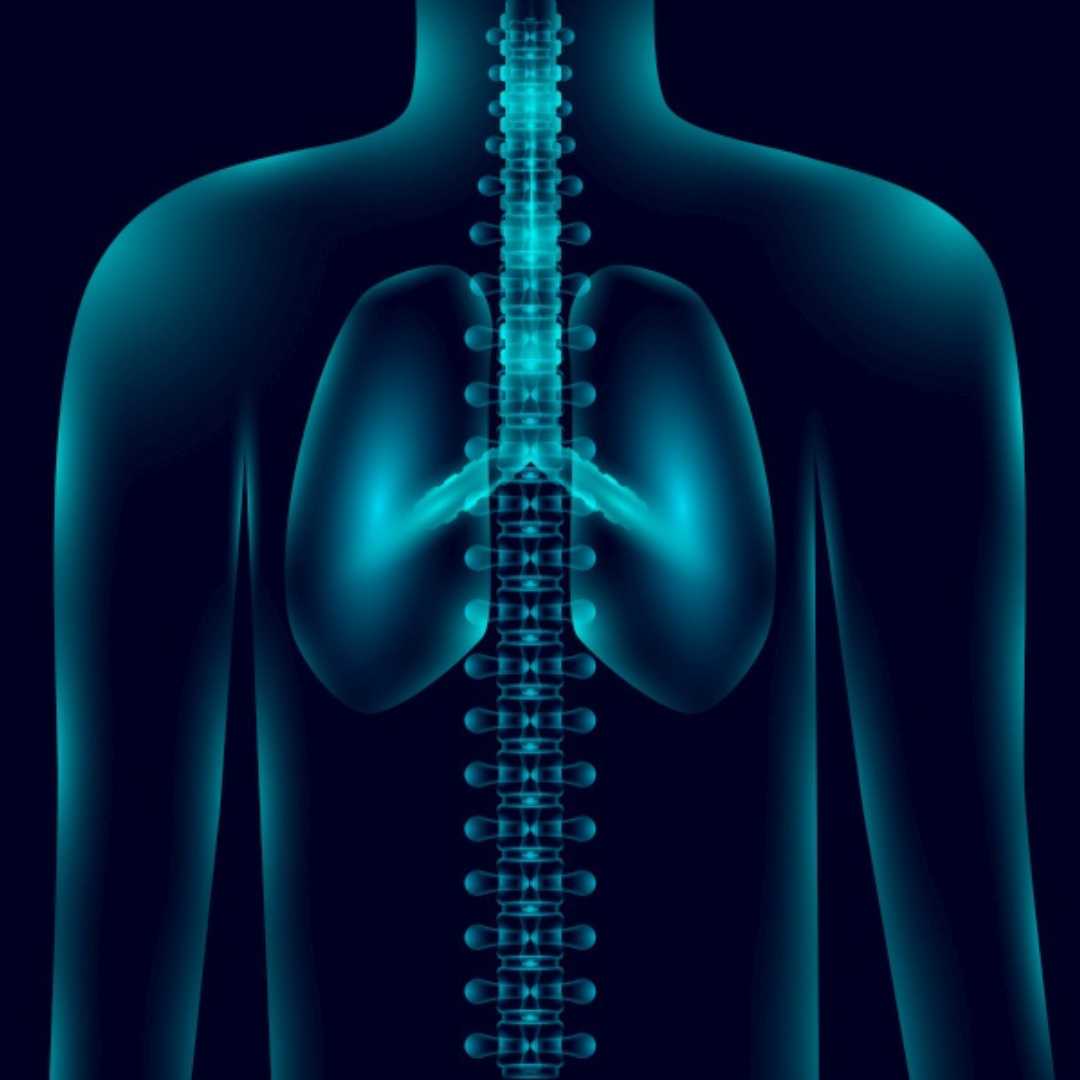
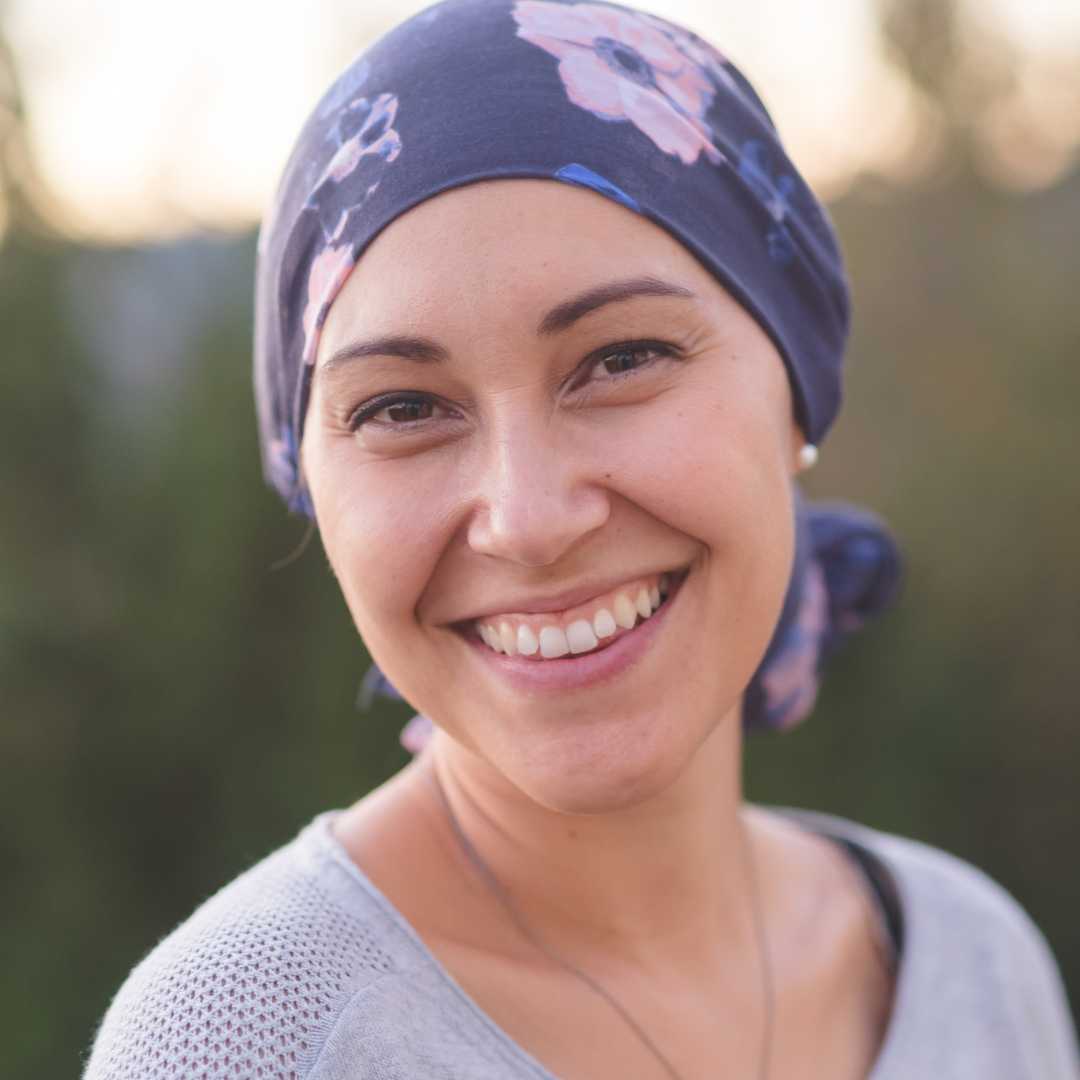




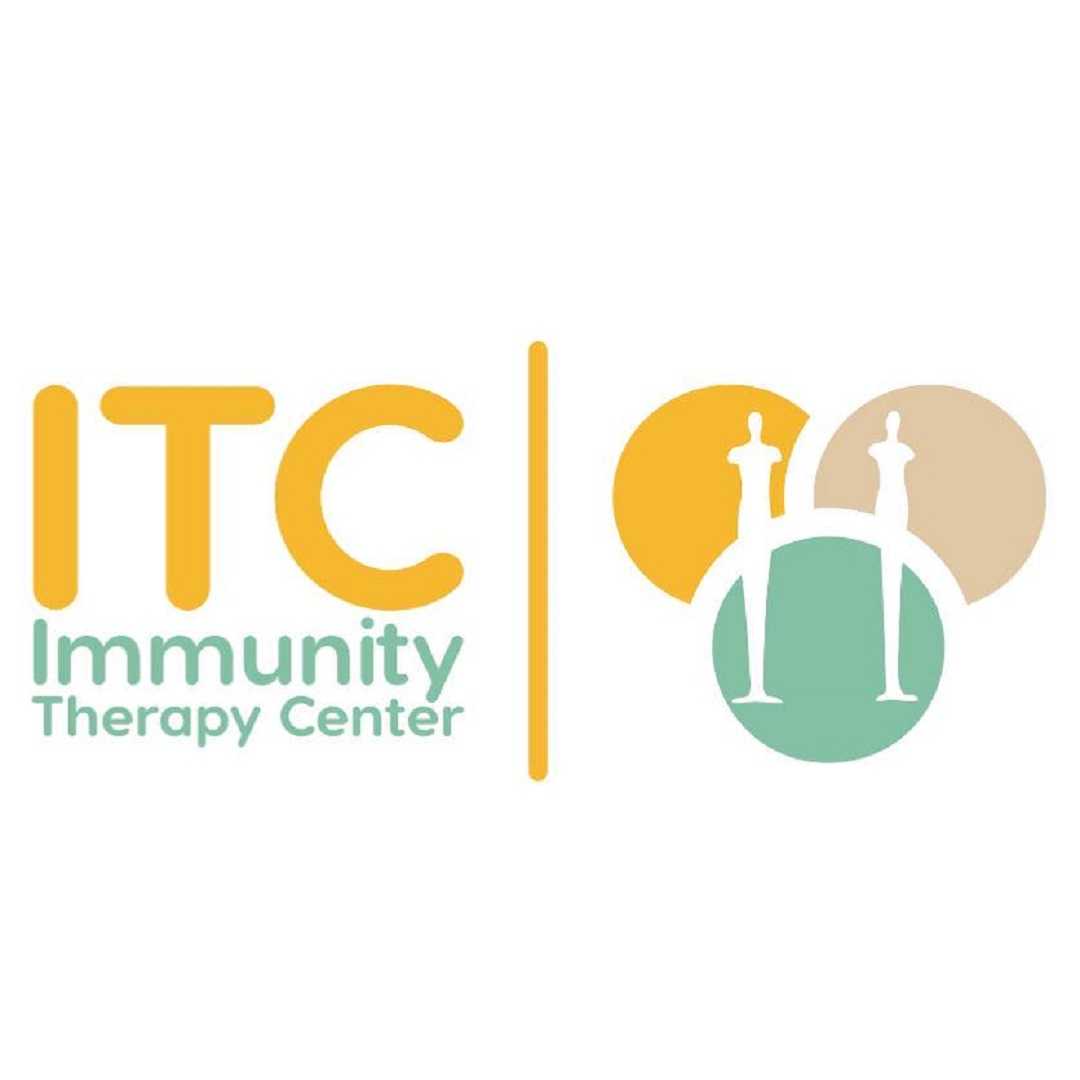
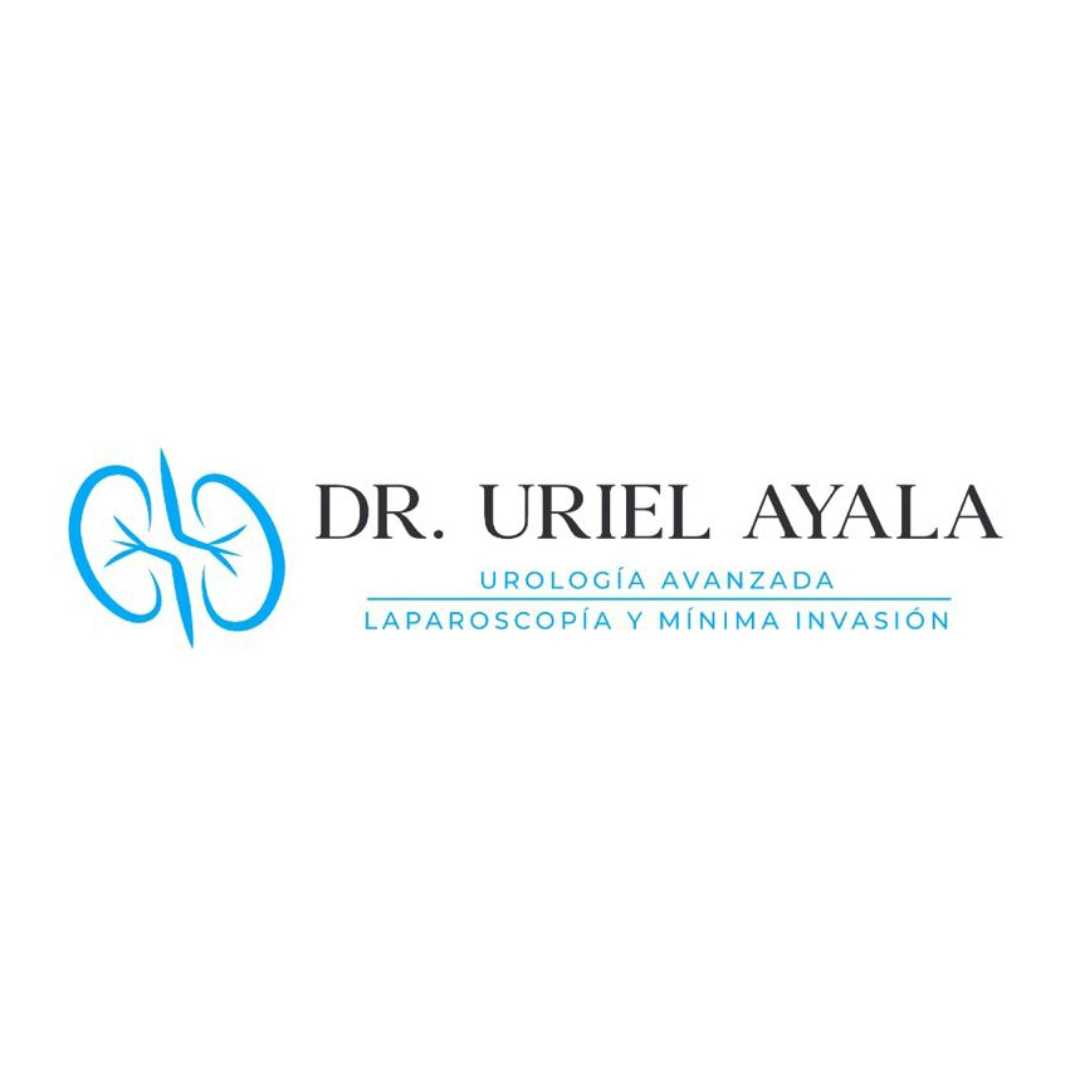

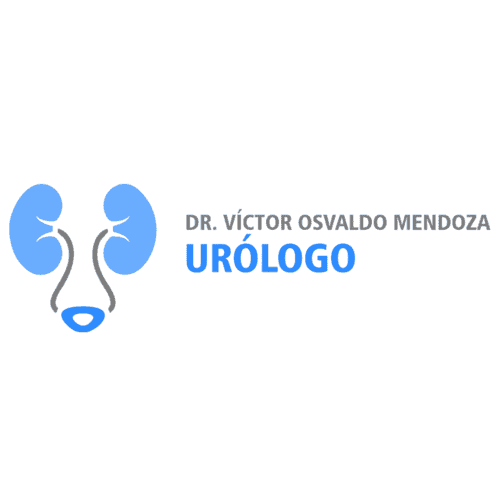
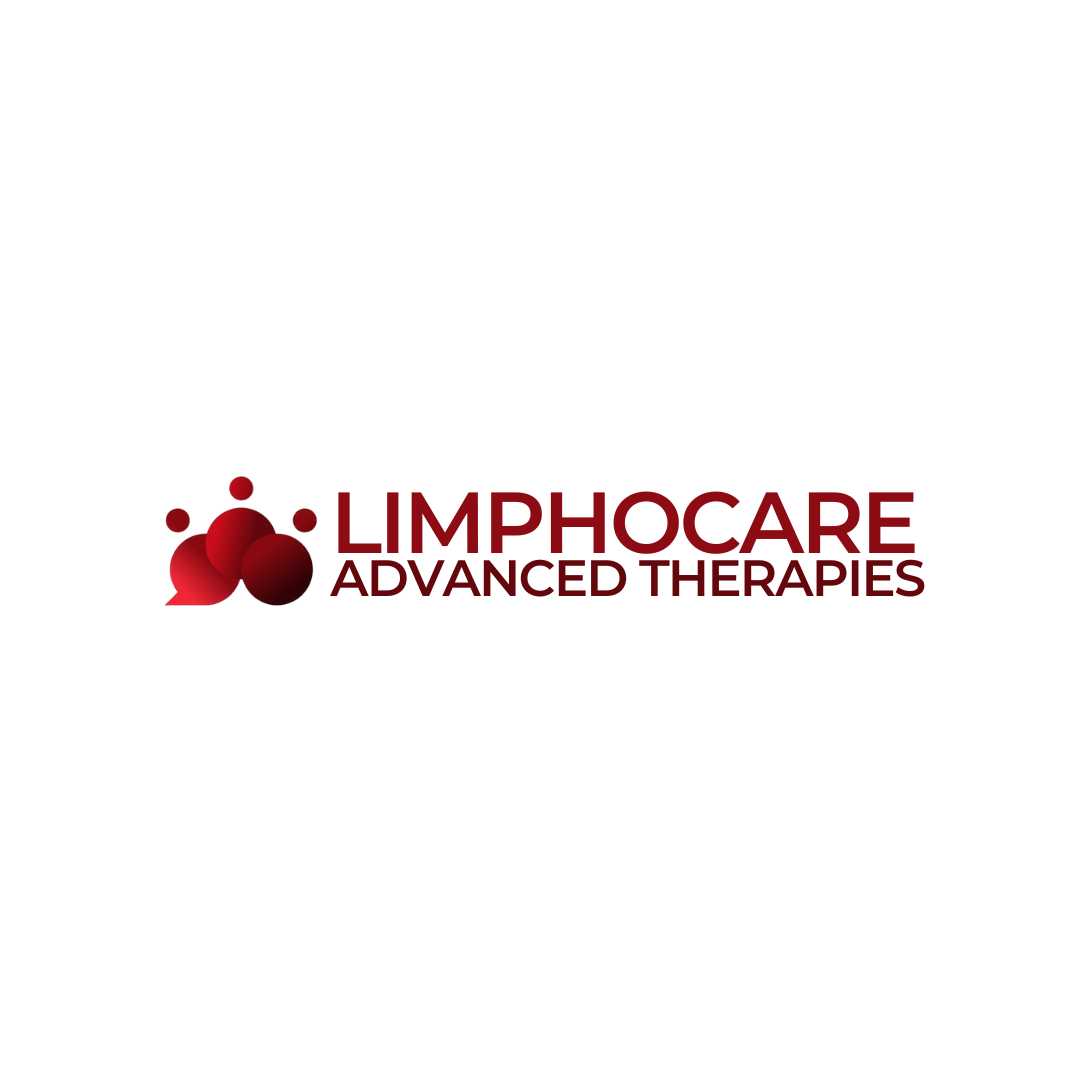

Share this listing